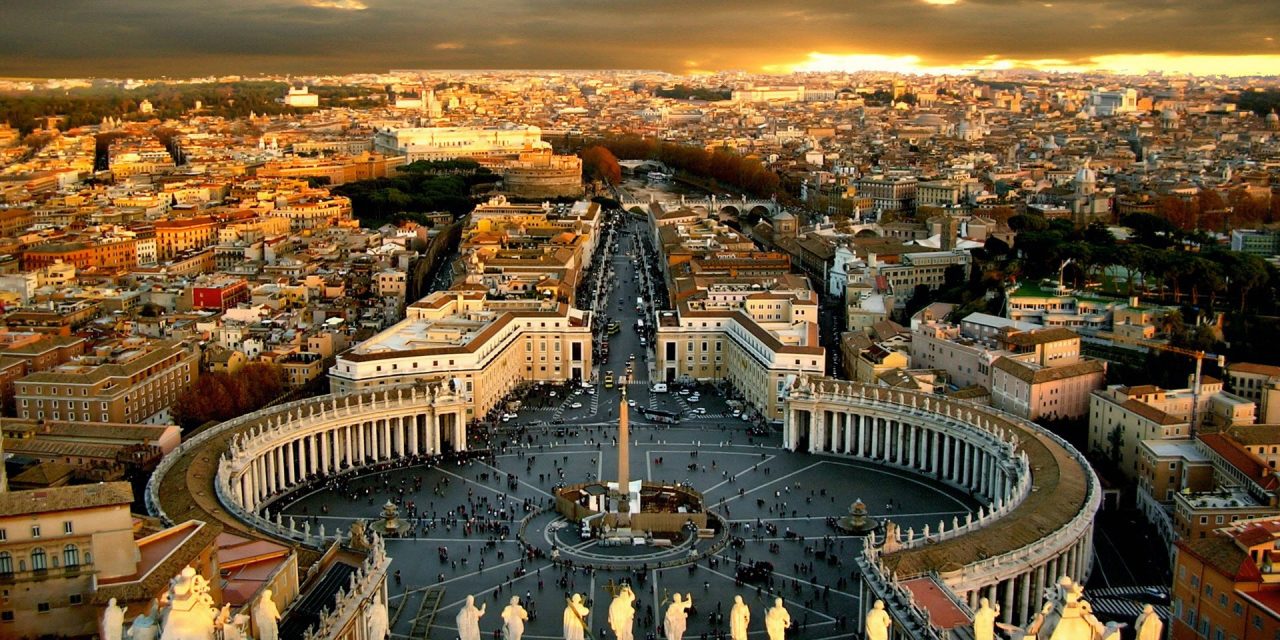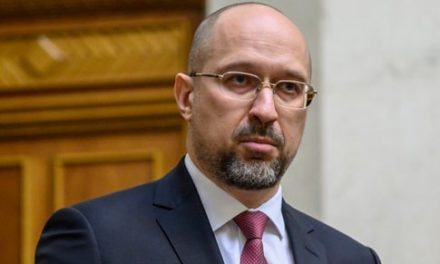5 November 2015
Italian journalists have released two books depicting mismanagement, greed, cronyism and corruption in the Holy See. Pope Francis still faces stiff resistance from the old guard to his reforms. He was given a mandate by the cardinals who elected him in 2013 to clean up Vatican finances, which have been mired in corruption.
Gianluigi Nuzzi released the book, “Merchants in the Temple,” on Wednesday. Emiliano Fittipaldi released his book “Avarice,” also on the same day. Nuzzi rose fame with his book “His Holiness,” which was mainly based on leaked documents from Paolo Gabriele, the butler of former Pope Benedict who stole documents from the pope’s desk. This came to be known later as “Vatileaks”. The butler was arrested and imprisoned. This incident could have led, at least in part, to Pope Benedict’s decision to resign the following year.
Both books have already been condemned by Vatican. Vatican said in a statement said the books “generate confusing, partial, and tendentious interpretations”. The same statement also announced the arrest of two members of a commission the pope had set up to study financial reforms. It is believed that these two members of the commission had leaked the information to the journalists. Of the two arrested one was a high-ranking cleric of the Holy See. The statement added that the leaks, on the part of the commission, were a “serious betrayal of the trust bestowed by the pope”.
Pope Francis, four months after his election, said, “We have to better clarify the finances of the Holy See and make them more transparent.” Pope added, “It is no exaggeration to say most of our costs are out of control”. It is transparency which is lacking in the murky financial affairs of Vatican. If Vatican adopts transparency, then there will be no room for corruption. The secrecy is what is difficult to understand. The financial affairs of the Holy See are conducted by clerics who have taken a vow of poverty. How can there be any conflict of interest?
The book, “Avarice,” is also based on leaked documents. In it, Fittipaldi, a journalist for the newsweekly L’Espresso, writes that some funds from a foundation that runs a Vatican-owned children’s hospital in Rome were diverted to pay for the renovation of an apartment belonging to a senior cardinal. Maintenance and restoration contracts were handed out at inflated prices.
Despite all the millions of dollars of donations coming from all over the world the city’s pension fund is $800 million in the red. How can anyone explain this?















